Property disputes are often the cause of the rift between neighbors, especially if one party refuses to be considerate. Fences represent the boundary between us and the outside world; neighbors who disrespect that boundary need to be addressed immediately. So, what do you do when neighbors pile dirt against your fence? We have researched ways you can solve this amicably.
While neighbors piling dirt on your property is not a criminal offense, it is still a civil matter that can be brought to court. However, you can always try speaking with them personally first and express your disdain over their actions. If they still refuse to listen, you are welcome to hire a private mediator which can escalate to a local judge should they remain stubborn.
Resolving property issues can be challenging since it would need the cooperation and understanding of all the parties involved. The longer one party refuses to listen, the longer the problem will persist. If you want to learn more about how to solve fence and property-related problems, keep reading below.
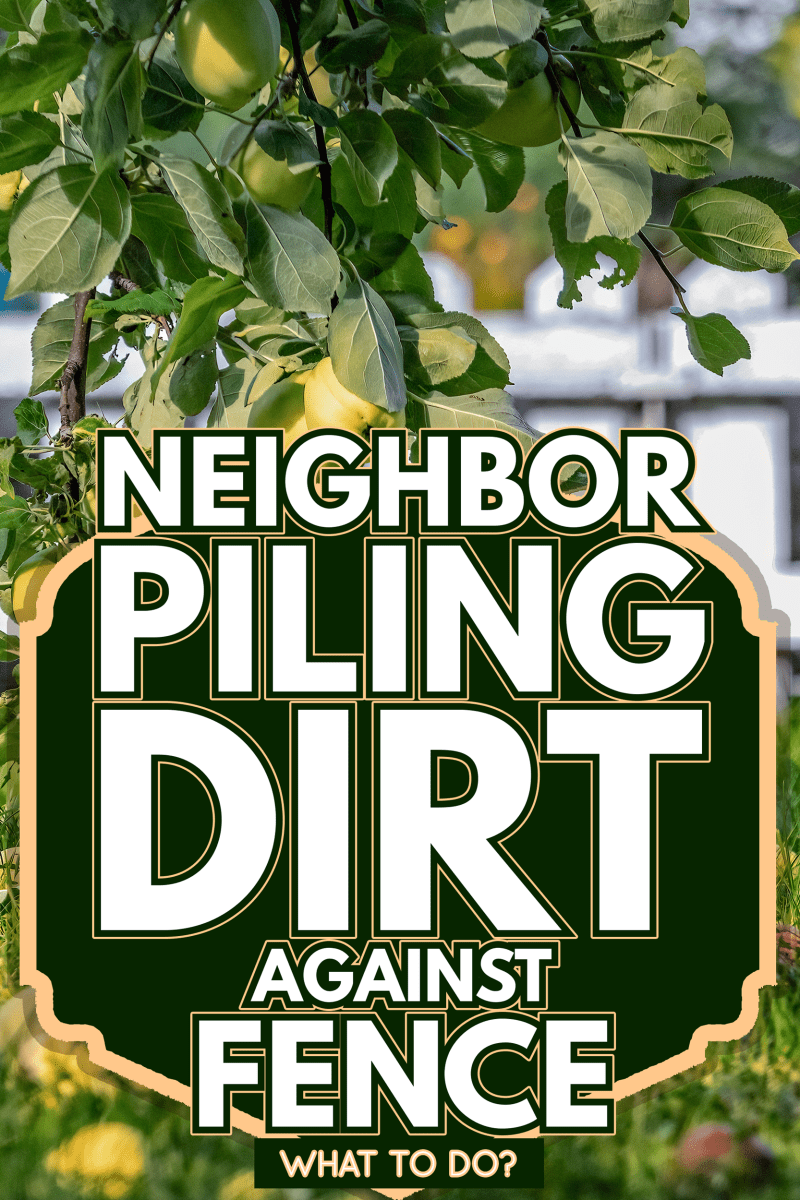
How to Deal with Dividing Fences
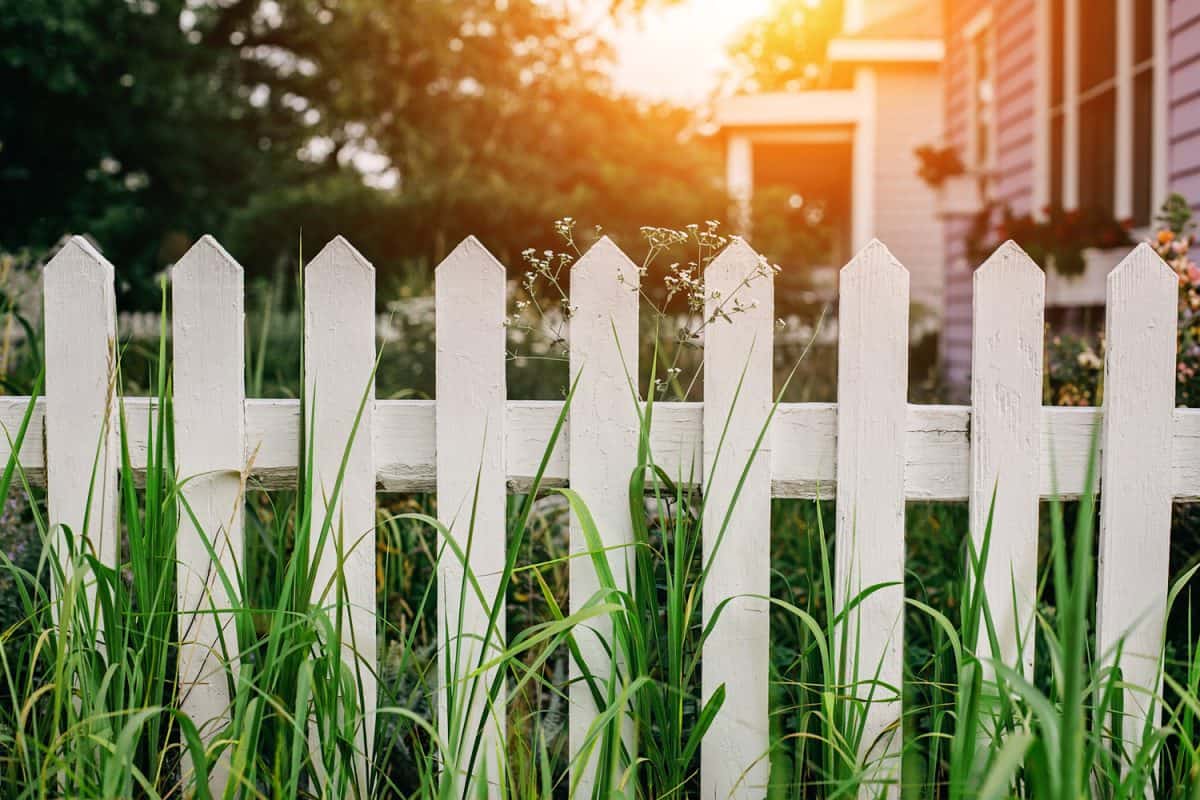
Dirt can pile upon another person's property if the fences and boundaries have not been determined early on. The first step to resolving fence issues is to know where exactly are your property lines. Here is how you can deal with dividing fences.
Compare Deed Copies
Your deed copies should tell you where exactly your property lines are. This is a legal instrument by which ownership is transferred. It also contains information on any easements and interests you may encounter with owning a property.
If the deed copy does not indicate exact property lines, you can visit your assessor's office to see your property lines. In some states, this may be available online.
Conduct a Survey
You may opt to hire a surveyor to conduct a property survey and determine the exact boundaries between you and your neighbor. This can cost more money, and the payment can be shouldered by either party or have the cost split--it depends on your relationship with the neighbor.
Once lines have been drawn, your neighbor should move their dirt away from your fence. You can take legal action or get a mediator if they still refuse to stop piling dirt on your property.
What is neighborhood mediation?
Neighborhood mediation is a procedure used to solve issues between disputing neighbors. Neighborhood mediators act as an impartial third party to guide you to a more amicable resolution through a structured process.
Sessions should involve all the parties involved, and each one should be heard and acknowledged. Mediators record or note everything that has been discussed so you both know what you have agreed on.
What to do when a neighbor damages your fence?
When a neighbor damages your fence, you need to find out whether it was deliberate or if it was done by accident. If it was an accident, it is your choice whether you want them to pay for the damage or if you will let them off with a simple warning. Again, it depends on your relationship with your neighbor.
If it was deliberate, or if they refuse to pay for the damage, you need to start documenting all your encounters with them. Take pictures, add the dates you met with the neighbor and write out what had been discussed.
After that, you can start writing your complaint letter. Consult a third party, or a neighborhood mediator, to act as an unbiased judge to prevent the issue from escalating further.
Taking your neighbor to court should be the last resort. It is time-consuming, energy-draining, and worsens your relationship. This should only be taken if the other party refuses to take responsibility for the damage.
Documentation is the most vital part of this, so make sure you have copies of your requests for reimbursement, footage from your security cameras, and photos of the damage.
How to deal with your neighbor's trees?
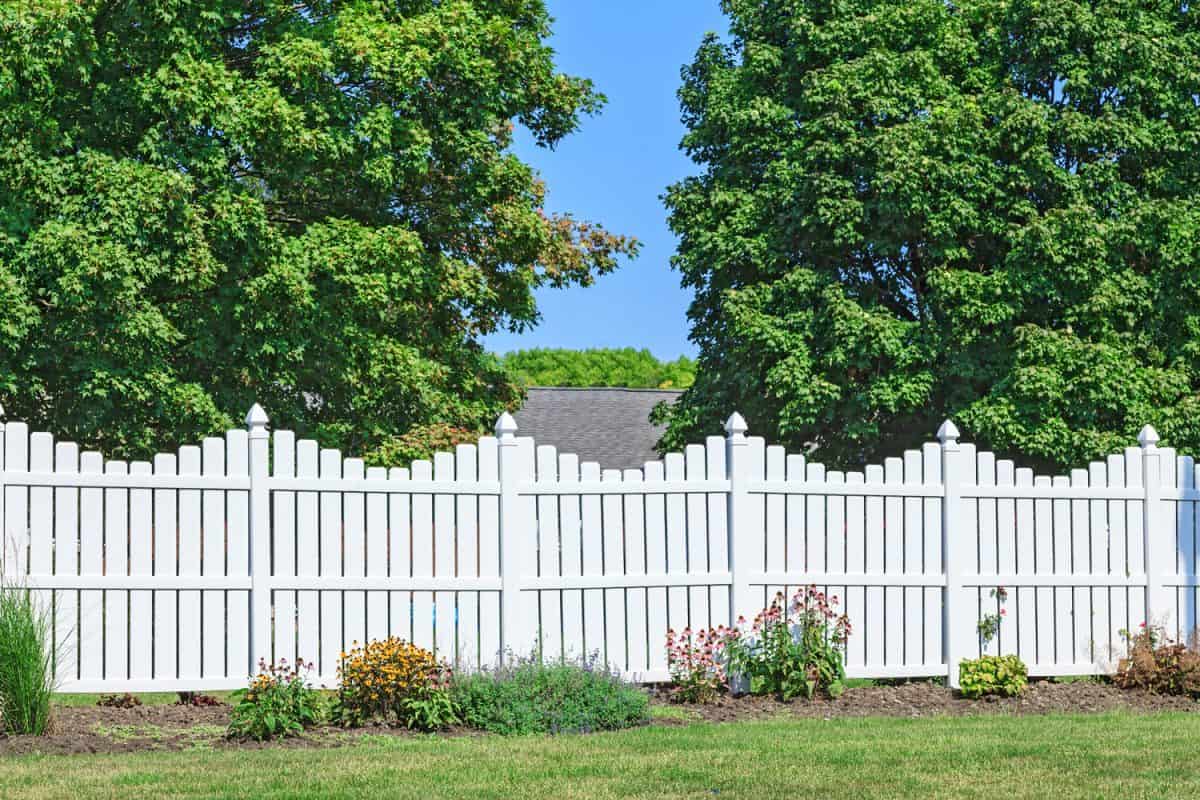
Tree disputes are the most common issue between neighboring homes. Fruits fall, branches hang, and sometimes you can't tell who really owns the tree. Things can get complicated quickly when the tree starts damaging another party's property, or if someone gets injured because of falling branches.
This is why having a good relationship with your neighbor in the first place is important. This will make the process quicker and easier.
Who owns the fruit that falls on your side of the fence?
If the fruit falls on your side by natural occurrence and not by prodding or picking, you now rightfully own that fruit. However, if the fruit still hangs from your neighbor's tree, that fruit is still legally the property of your neighbor regardless of how low-hanging it may be.
However, in some states, the fruit that falls on your land is still said to be the property of the tree owner. Make sure you familiarize yourself with local laws.
Fortunately, issues like this can be solved by simply talking with your neighbor.

What if the branch injures someone?
If the branch seriously injures someone (moderate to severe trauma), that person has the option to demand compensation from the owner of the tree. Minimal scratches and bruises are not causes for compensation.
You can seek help from a mediator to have the issue resolved quickly. However, this may not be needed if the other party accounts for their action or inaction and takes responsibility.
Can you remove branches that hang on your property?
If the branches have extended past your neighbor's property line, you have the right to trim their branches. However, you should not trim past their boundary or else you can be liable for damages. You will have to pay $500-$2,500 if you destroy the tree accidentally.
The replacement fee can be even more expensive if the tree is a landmark, costing between $20,000 to $60,000.
Do you own the tree that straddles property lines?
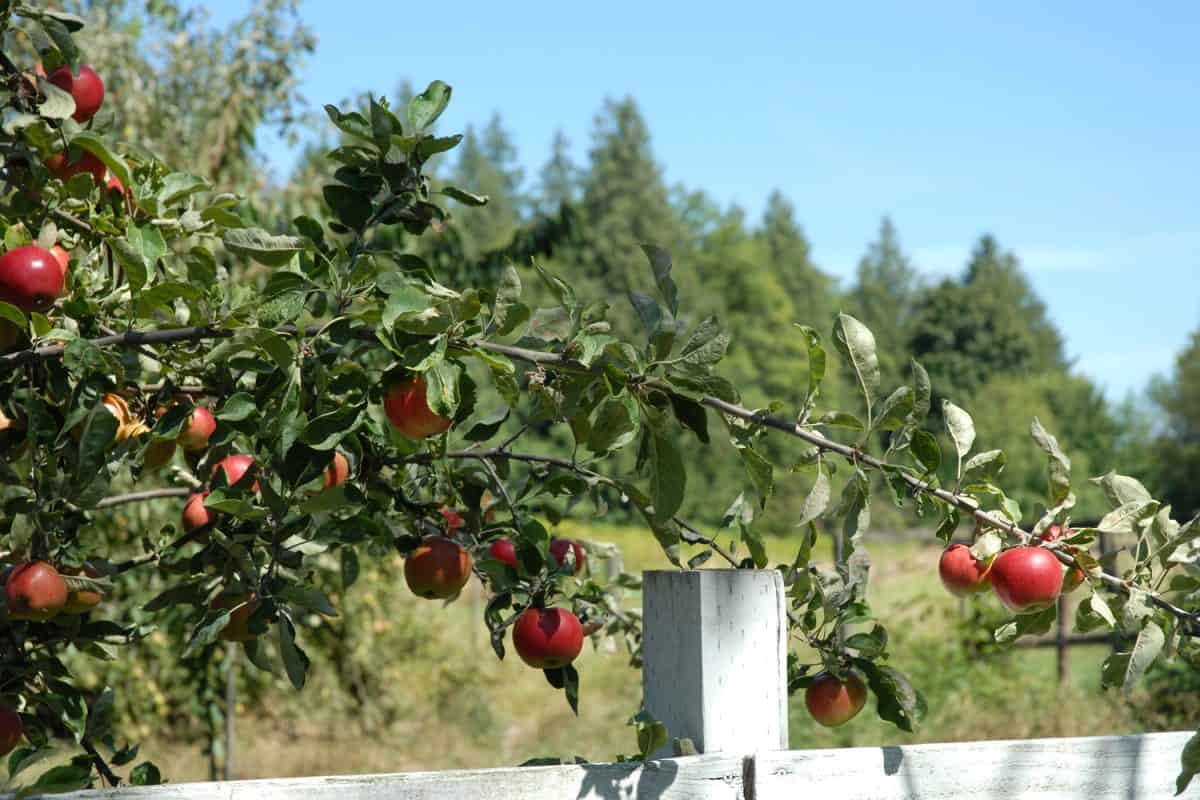
The tree that straddles you and your neighbor's properties should be shared. That means both of you are responsible for its upkeep. If the tree injures someone by accident, the costs may be shared by both the owners.
How to avoid property disputes?
As the old adage goes, "prevention is better than cure." You can prevent the hassles that come with neglect and inaction by being considerate of the other person on the other side of your fence.
Here are ways you can avoid or work around the tree--or any property--disputes.
Be on Good Terms with the Neighbors

Having friendly relationships with your neighbor will make issues between you resolved more efficiently. It is always best to have the problem solved between you two instead of escalating it to a mediator or a council.
When there's an issue, make sure to be open about how the issue has been affecting you. Explain the problem thoroughly; your neighbor may be more understanding and take accountability.
Approach the Other Party Politely
When there's an issue between your boundaries, don't be aggressive from the get-go. Let your neighbor tell their side of the story and make sure everything is out in the open. Make sure to arrive at a solution that is convenient and beneficial for both of you to avoid further problems.
Make sure you get the agreement in writing and provide a copy to the other party. However, if you cannot agree to a resolution, it is best to approach an impartial third party or a neighborhood mediator.
Choose the Right Tree
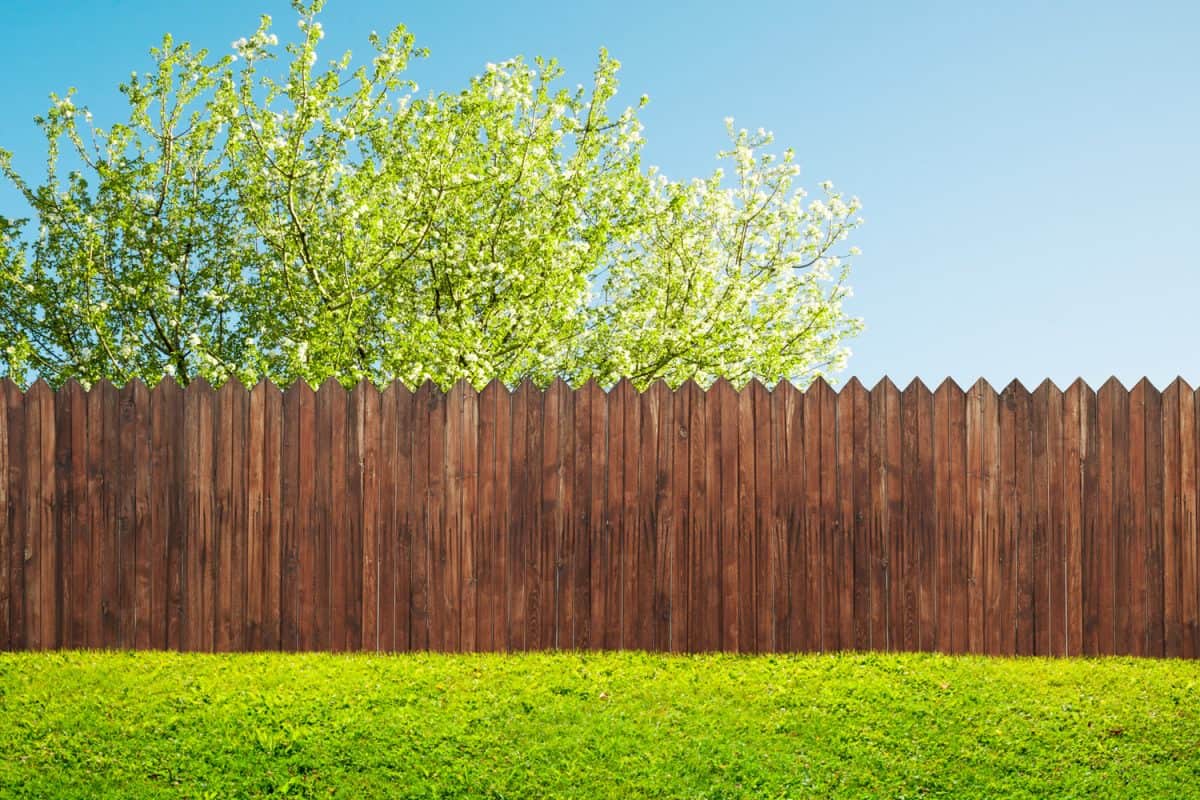
If you are still thinking about getting a tree for your yard, consider first how it would affect your neighbor. Be sure that the branches won't grow too much over the neighbor's property to avoid any inconveniences. If possible, you can inform your neighbor beforehand so they can prepare for it as well.
Make sure you maintain it well so no roots will damage your neighbor's fence and no branch accidentally falls off on the other side.
You should also be familiar with your legal responsibilities as the tree's owner.
Final Thoughts
Neighbor disputes over boundaries are, unfortunately, very common. Fortunately, there are solutions in place that can help you work around issues and have them resolved quickly and easily. Make sure that you both arrive at an amicable solution, and that it doesn't further escalate and negatively affect everyone's lives.
As with any property fixture, make sure you maintain it to avoid untoward incidences.

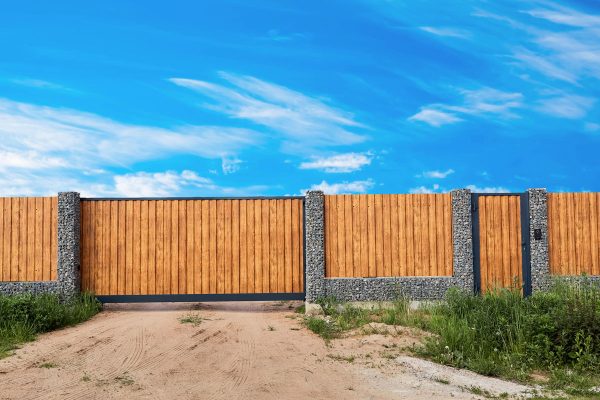
![Close board fence erected around a garden for privacy with wooden fencing panels, concrete posts and kickboards for added durability, Are Gravel Boards Treated? [And How Long Do They Last]](https://fencefixation.com/wp-content/uploads/2022/06/Close-board-fence-erected-around-a-garden-for-privacy-with-wooden-fencing-panels-concrete-posts-and-kickboards-for-added-durability-600x400.jpg)
![Wooden fence with green lawn and trees, Stepped Vs. Racked Fence Installation [Where & How To Use Each]](https://fencefixation.com/wp-content/uploads/2022/06/Wooden-fence-with-green-lawn-and-trees-600x400.jpg)